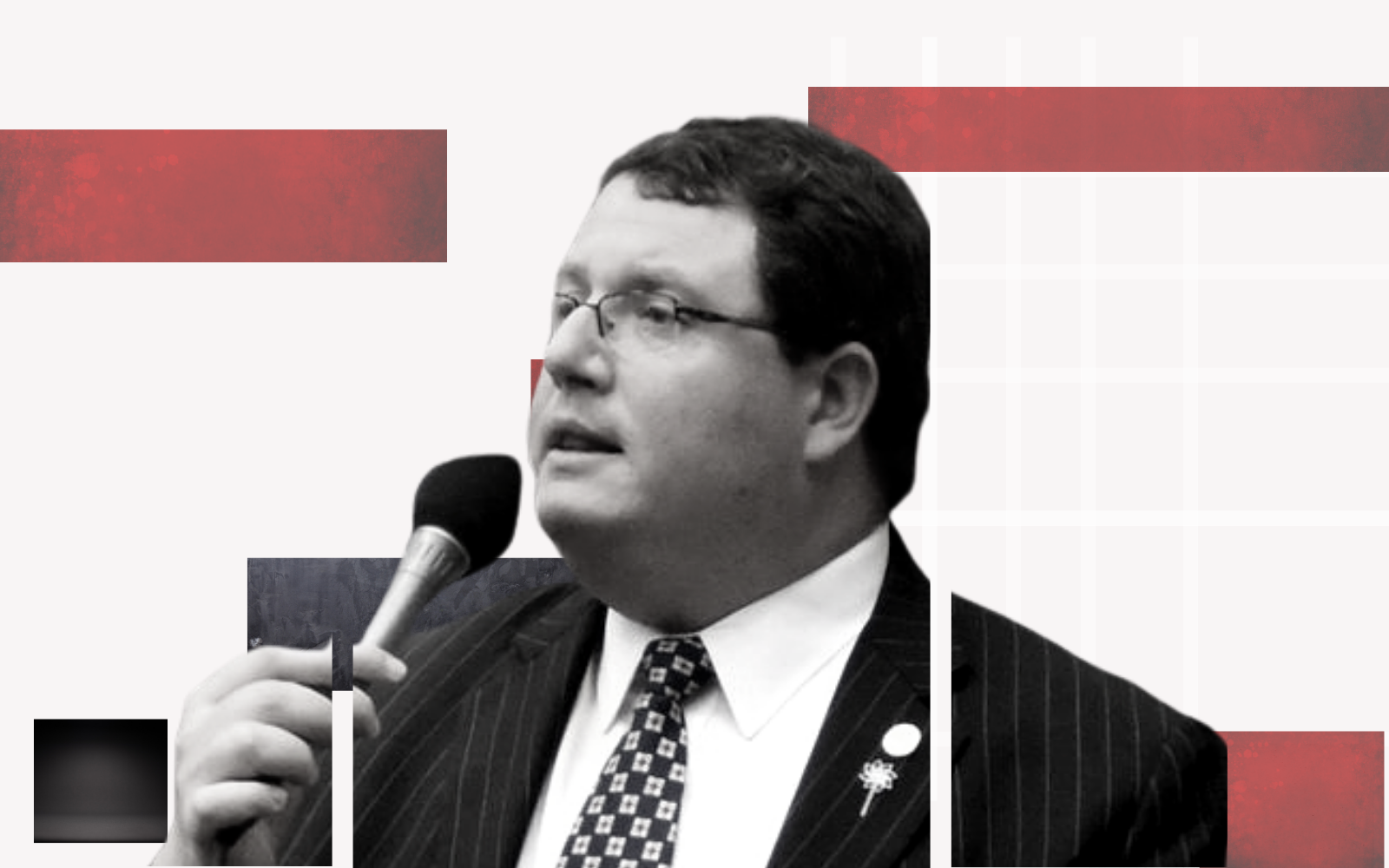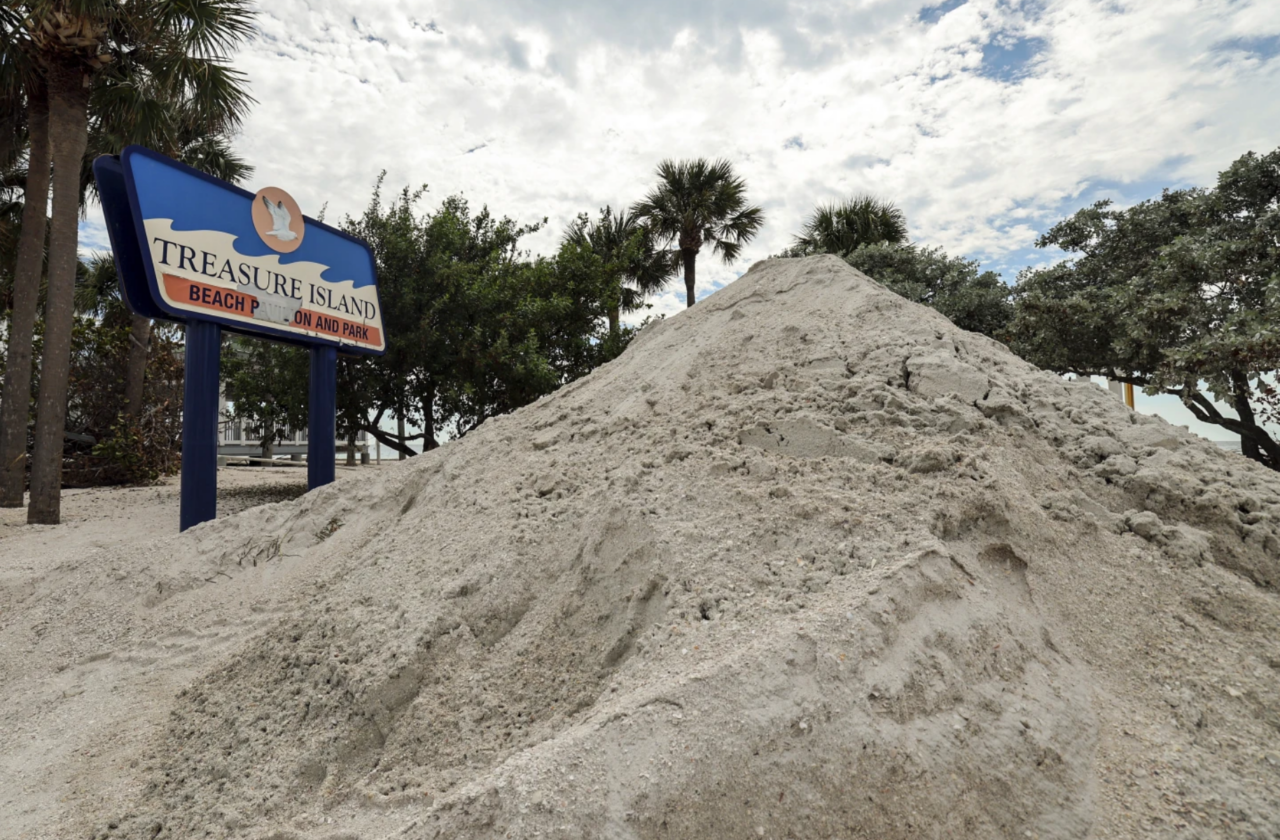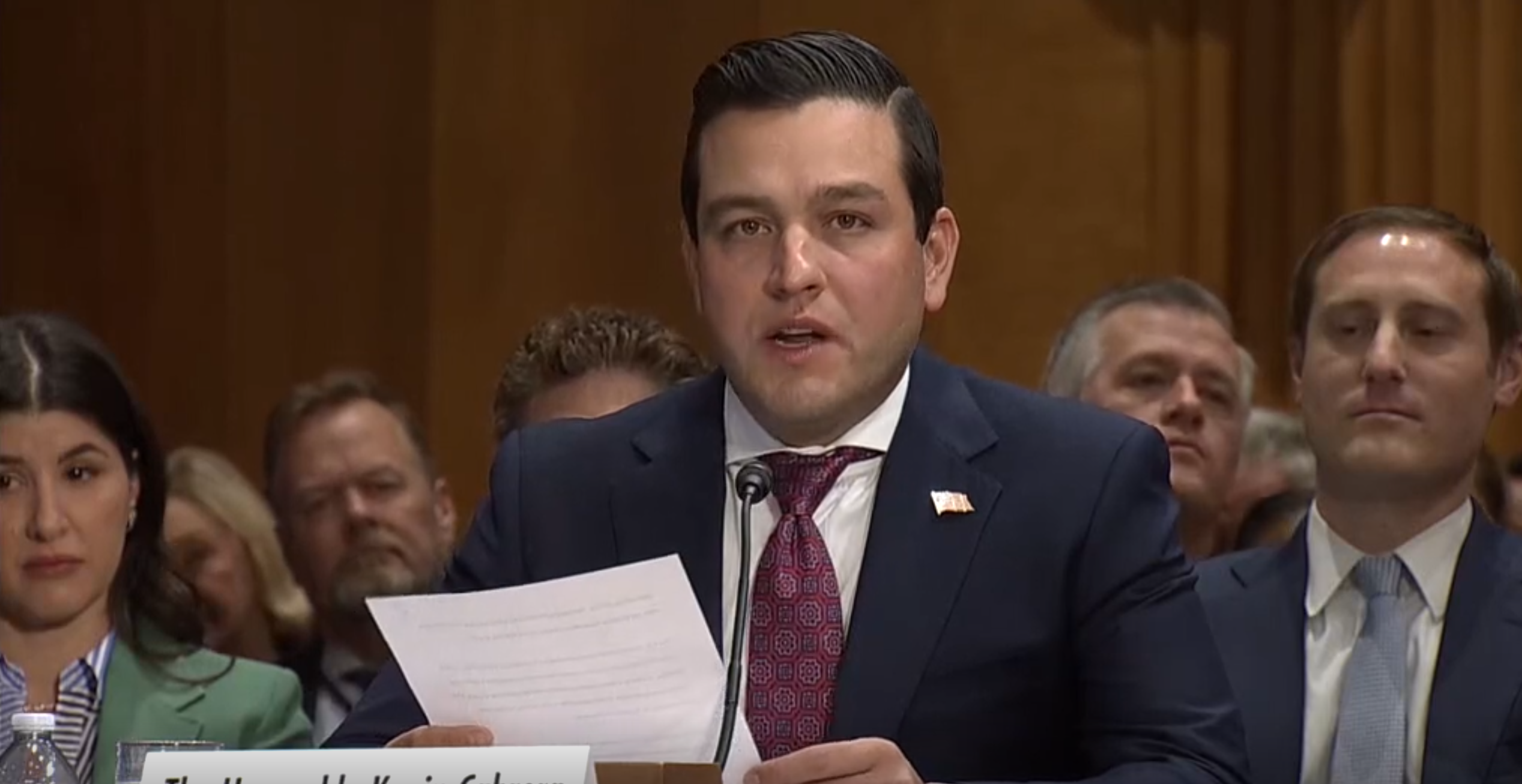Republican Randy Fine is heading to Congress after winning a Special Election. But his road there proved more dramatic than most political observers could have predicted just a few months ago.
With nearly all votes counted, Fine led Josh Weil with nearly 57% of the vote to the Democrat’s under 43%. Libertarian Greg Parrott and no-party candidate Randall Terry each have less than a half a percentage point.
Fine will succeed former U.S. Rep. Michael Waltz, who resigned his seat to become President Donald Trump’s National Security Adviser. That’s good for Fine, who had to resign a Florida Senate seat he vacated Monday in order to run for Congress.
“Today, voters reminded the world that Florida is Trump Country. I won because of President Trump’s endorsement and his call for voters to send me to be a warrior for his America First agenda,” Fine said.
“In my visits to the polls today, I spoke to voters who waited for more than an hour because they wanted the country to know they still stand with President Trump. They are demanding Washington follow his bold leadership to secure our border, demand fair trade, and restore America as a leader on the world stage. To the voters who helped make today’s decisive victory possible, thank you for your support — I will not let you down. And to President Trump and my new Republican colleagues in Congress — reinforcements are coming.”
While Fine ultimately won the election by a comfortable margin, Democrats believe a message was sent about the level of anger in the electorate just a few months into Trump’s return to the White House.
Republicans hold a major advantage in Florida’s 6th Congressional District as far as voter registration is concerned. When voter rolls were closed ahead of the Special Election, the district had more than 273,000 Republicans registered, compared to just over 142,000 Democrats, with more than 143,000 other voters.
In November, voters in CD 6 backed Trump by 30 percentage points and Waltz won his re-election campaign with 66.5% of the vote.
But Democrats turned lingering resentment over the 2024 Presidential Election into a massive haul in political contributions. Weil said he raised more than $10 million for the race, mostly in small donations from across the county. By contrast, Fine underperformed in fundraising, reporting less than $1 million in contributions. That’s all according to the latest fundraising reports covering activity through March 12.
“The numbers didn’t add up in our favor today. We shouldn’t be disappointed however, this race was closer than anyone ever imagined,” Weil said in a statement. “In a district won by Mike Walz by 32 points, we closed that gap by a historic margin. An incredible gain. This progress is because of our grassroots supporters across the country and the voters in this district – Democrats, Republicans, and Independents — who believe in a brighter and kinder future. This result is also a warning sign to Donald Trump, Randy Fine, and the unelected oligarchs taking apart the government. Should they continue to steal people’s hard-earned money and benefits like Social Security and Medicare, defund education, focus more on culture wars than lowering costs: the backlash is only beginning.
“As a public school math teacher, I started this campaign for my boys and my students and their families. We all deserve to live in a community that cares about each other and everyone has the opportunity to thrive. On the campaign trail, I was reminded that most people want these same things. They want an elected official who will do right by their community and serve the community’s interest. While we didn’t win today, I hope that message resonates.”
But Fine, who enjoyed Trump’s endorsement, expressed confidence ahead of the election that Republicans would want a Congress who advances the President’s agenda.
“Donald Trump-candidate vs. Bernie Sanders-candidate. Self-made businessman vs guy skimming his own campaign funds,” Fine said. “Republicans need to vote. If they do, it’s going to be Fine.”
But Fine also proved a controversial figure among Republicans.
Ron DeSantis represented CD 6 in Congress before serving as Governor of Florida. Yet Fine and DeSantis have feuded for more than a year over a range of issues, with things taking a notably sour turn after the Palm Bay Republican switched a presidential endorsement from DeSantis to Trump in 2023.
When asked about the difference in Democratic and Republican turnout in CD 6 last week, DeSantis quickly pegged blame on “the specific candidate running in that race.” He continued criticizing Fine’s candidacy heading into Election Day.
Nevertheless, the state party reports members of DeSantis’ political team knocked on doors in CD 6 ahead of the election. Additionally, the Republican Party of Florida (RPOF) managed 200,000 volunteer phone calls supporting candidates in this Special Election and another also happening in Florida’s 1st Congressional District. The party put up staff tents at most high-traffic precincts.
“Phone calls are still going out from across the state to voters saying if you haven’t gone out and voted, it’s an important election in CD 6,” said Bill Helmich, RPOF Executive Director.
But Florida Democratic Party (FDP) officials also put resources into the field to back Weil.
“We’re going to run through the tape,” said Matt Dailey, FDP Deputy Communications Director. “We are making sure we reach out to every Democratic voter.”
Democratic National Committee Chair Ken Martin spent the weekend canvassing in the district alongside FDP Chair Nikki Fried. Meanwhile, Trump and U.S. Rep. Byron Donalds, a candidate for Governor, held separate tele-rallies to boost enthusiasm for Fine.
The big question now may be whether the margin of victory for Fine, who won a much smaller share of the vote than Waltz ever did, shows he will be vulnerable to a challenge in 2026, if not in the General Election then in a Republican Primary.
Post Views: 0

 Entertainment8 years ago
Entertainment8 years ago
 Politics8 years ago
Politics8 years ago
 Entertainment8 years ago
Entertainment8 years ago
 Entertainment8 years ago
Entertainment8 years ago
 Tech8 years ago
Tech8 years ago
 Tech8 years ago
Tech8 years ago
 Tech8 years ago
Tech8 years ago
 Politics8 years ago
Politics8 years ago










